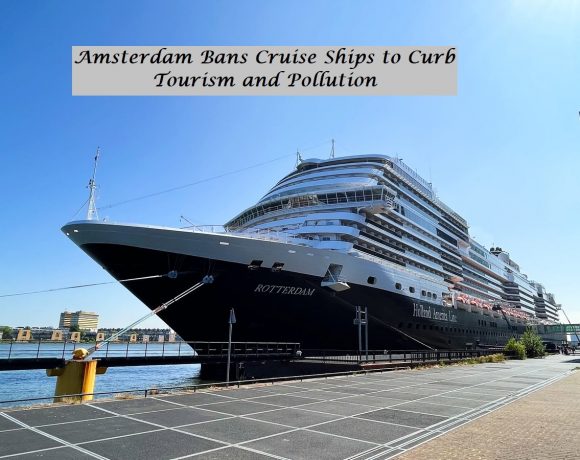
The disruption of Greta Thunberg’s speech at the climate protest in Amsterdam highlighted the intersection of climate activism and political tensions. The man’s attempt to wrestle the microphone away underscored the challenges of maintaining a focused message in the midst of broader geopolitical issues.
Chants advocating for Palestine were a backdrop to the incident, emphasizing the diverse perspectives within the protest crowd. Earlier, the curtailment of another activist’s speech demonstrated the sensitivity surrounding expressions related to the Israeli-Palestinian conflict. The phrase “From the river to the sea, Palestine will be free” has been contentious, with varying interpretations. While some view it as a call for the end of Israel’s occupation, others see it as a threat to Israel’s existence.
In the aftermath of the interruption, Greta Thunberg and the assembled crowd united in chanting “no climate justice on occupied land,” blending environmental concerns with geopolitical awareness. The incident reflected the challenge of navigating a global movement, where diverse voices and perspectives converge.
Thunberg’s previous social media posts supporting Palestine had stirred controversy, illustrating the complexities of balancing different issues within the broader context of activism. Accusations of not adequately acknowledging the plight of Israeli victims of Hamas attacks added another layer to the ongoing debate over the role of prominent figures in addressing complex political conflicts.
Ultimately, the Amsterdam event highlighted the intricate dance between climate activism and political advocacy, emphasizing the need for thoughtful navigation of these intersections to maintain a cohesive and impactful movement.
Picture Courtesy: Google/images are subject to copyright

